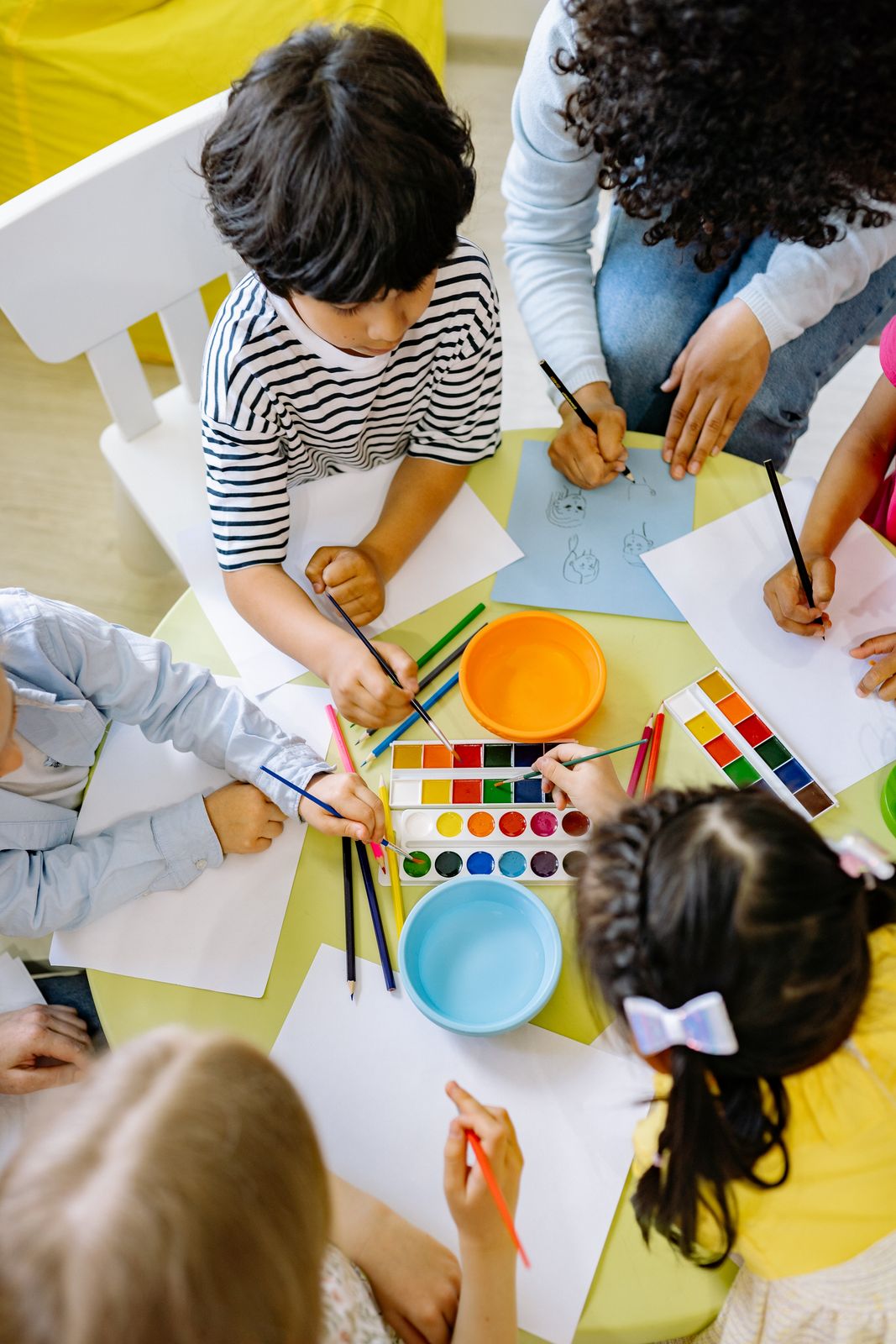Psychology can be effectively applied to many different aspects of your
school community to have a positive impact on your organisation, staff,
families, groups and individual CYP.
I provide a consultation model of service delivery, which means that I work in collaboration with you to ensure that I work towards the outcome you want in a way that suits your unique situation.

When we work together to understand a situation and agree next steps:
Schools purchase EP time (in blocks of days) and are provided with a 1 hour virtual planning meeting free of charge. We will explore your priorities and work together to agree a plan to best meet your needs within the time available. Some examples of the ways you can use your EP time are provided below. Please contact me for more details or if you would like to discuss an activity that is not listed.
If you have any questions or would like to discuss working with me, please get in touch
Contact me